Final judgment for crime ‘king’ Neddy Smith
In the end, it was the last way killer, rapist, heroin dealer and prison snitch Neddy Smith, expected to go – dead from natural causes in bed.
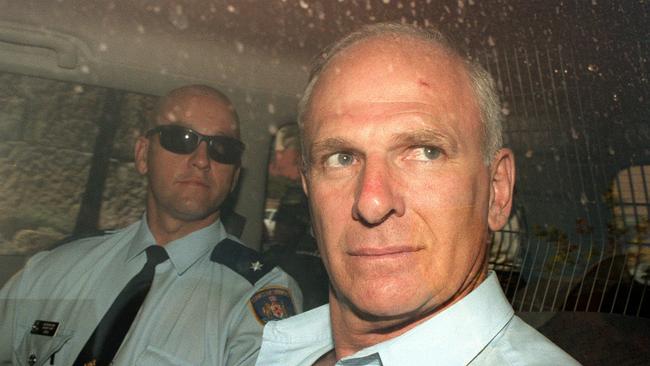
In the end, it was the last way that killer, rapist, heroin dealer and prison snitch Neddy Smith expected to go — dead from natural causes in bed.
The hardest of the hard men in Sydney’s once all-powerful criminal underworld, Smith died in Long Bay Hospital on Wednesday after spending most of the past 40 years behind bars.
He was 76.
Arthur Stanley “Neddy” Smith liked to think he was crime royalty but in truth he was a ruthless stand-over merchant who counted corrupt cop Roger Rogerson as a friend until the pair turned on each other.
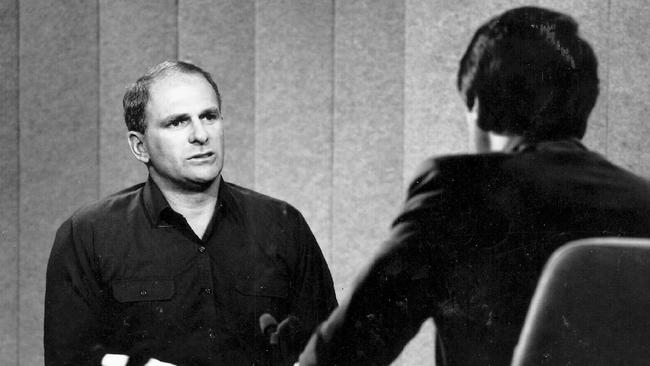
His death leaves few of the major figures in Sydney’s brutal 1980s gangland wars still alive.
Smith’s long time barrister, Winston Terracini SC, told The Australian Smith was “one of the greatest characters of the gangster type I have ever known”.
“He was at the top. And he could never have existed without the assistance of the NSW Police Force,” he said.
Mr Terracini said the last time he saw Smith, he was so ravaged by Parkinson’s “he was in a shocking state”. Unable to control any of his movements, the once ferociously fit gangster could barely speak and “it was almost impossible to understand him”.
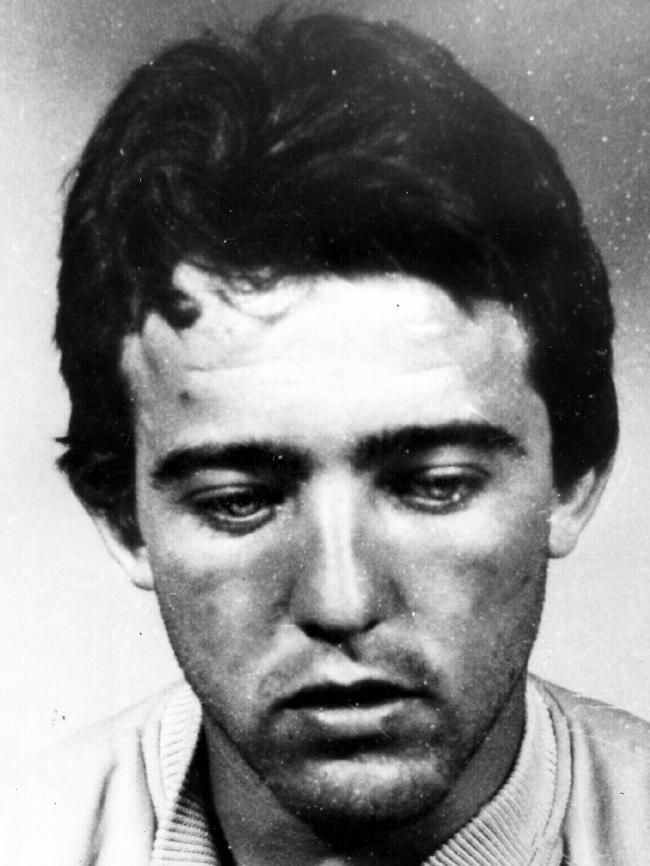
Smith had already lost much of his legendary criminal status when he rolled over and turned whistleblower for the Wood royal commission in the mid-90s, obtaining immunity for all crimes he had committed except murder, in exchange for testifying against Rogerson and other allegedly corrupt police officers.
Smith admitted he had committed eight armed robberies and had made a large amount of money from dealing heroin.
He claimed police had given him a “green light” to commit crimes and had aided him in various robberies and other crimes.
While he drove Rogerson to the inner-city Chippendale street where he shot dead drug dealer Warren Lanfranchi, Smith at the time denied killing his girlfriend, Sallie-Anne Huckstepp.
It’s a measure of Smith’s notoriety that just five years ago, sections of the press were breath¬lessly reporting an attempted escape from his hospital bed at Randwick’s Prince of Wales Hospital while his two guards were distracted.
The fact he was then 72, suffering from dementia and advanced Parkinson’s disease, in a wheelchair and unable to brush his teeth without an electric toothbrush, made little difference to the media frenzy.
It was left to former wife Debra to point out the obvious: “If he was going to escape, they’d have to have an electric scooter to get him to the car park.”
It was perhaps another strange measure of the man that Debra, though long remarried, would regularly visit him in prison.
She married Smith in Long Bay when she was 22 and he 34, serving time for stealing and goods in custody.
Their lives included holidays with hitman Christopher Dale Flannery, another thug who maintained he adored his family.
By the time Smith was 14, he had dropped out of school and was using his towering 198cm physique to intimidate rivals.
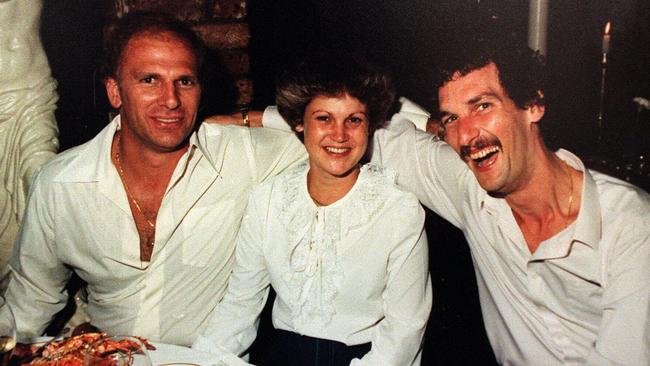
At 23, he was imprisoned for the first in a string of crimes: the pack rape of a young woman.
In those early years, jail wasn’t so bad for Smith. Though many prisoners were regularly bashed, the “screws” and other inmates were afraid of Smith.
Released from prison in the mid-70s, he moved into armed hold-ups, happy to point a shotgun into the faces of payroll staff.
His taste for violence saw him move into Sydney’s drug trade, a booming economy that relied upon crooked cops to survive.
Smith signed on as hired muscle for drug dealer Murray Stewart Riley, a former NSW police officer and bronze medal-winning Olympic rower, but in a move he would repeat frequently, Smith overestimated his own abilities and decided to set up his own syndicate, importing heroin from Thailand.
When Thai police found 8.5kg of heroin in a hotel room, Smith was arrested in Sydney. Then he got lucky – a big chunk of the high-grade heroin was found to have been tampered with. It was now mostly glucose powder, thanks to the efforts of someone with access to police evidence.
The key witness against Smith then refused to testify and the case against him collapsed. Smith later said he paid a cop $30,000 to have the heroin diluted.
By the end of the 70s, he was the unchallenged King of the Cross, raking in millions.
Lanfranchi, a young thief, was one of the small time dealers he took under his wing after meeting him in jail. But Lanfranchi and Huckstepp were soon spending more on drugs than they were earning selling them. And when Lanfranchi started conducting armed robberies to pay off his debts, he drew the unwelcome attention of Rogerson.
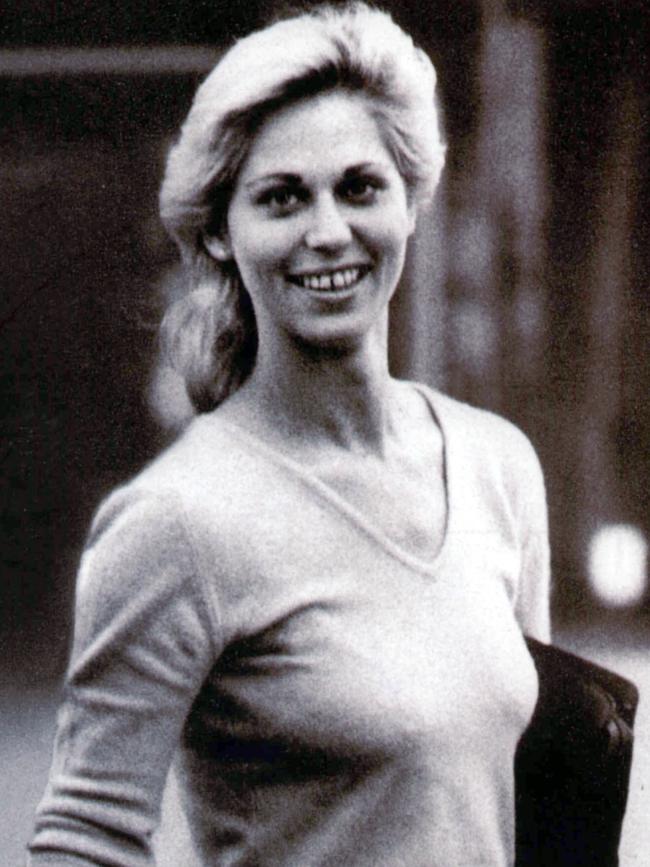
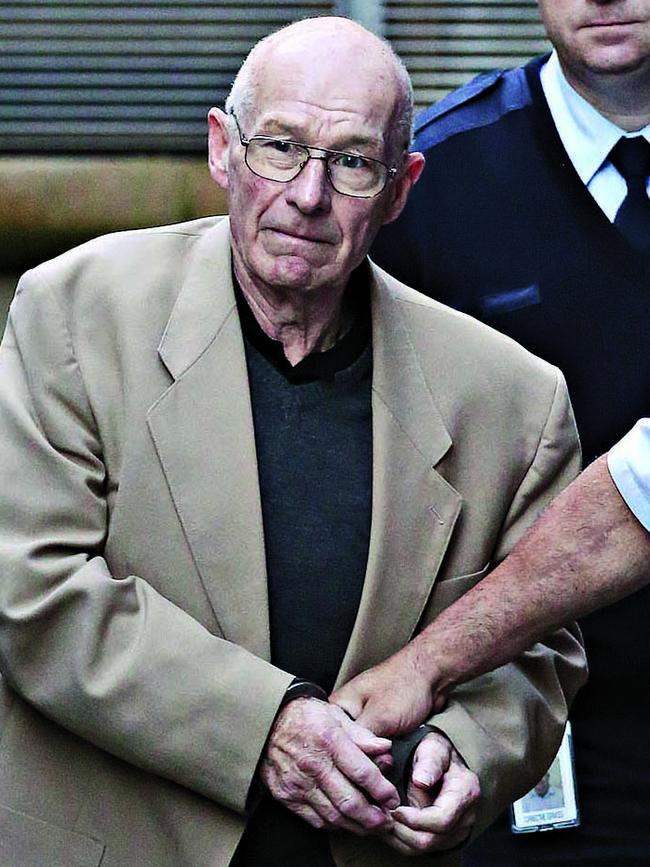
By then part of the feared Armed Hold Up Squad, Rogerson was actually co-ordinating many of the hold-ups. Worried Lanfranchi would give the game away if he was caught, Rogerson shot him dead, purportedly while attempting an arrest.
In 1986, Huckstepp was found strangled in a Centennial Park pond, a murder Smith later claimed to have committed.
A bloody gang war in Sydney in the mid-80s – during which Smith survived two attempts on his life – ended the relationship with Rogerson, who outed his former friend as a police informant.
Smith’s claim to be a criminal mastermind went further south when a clumsy attempt to rob the Botany Council as it banked its $160,000 Christmas payroll went wrong. Smith was jailed for 13 years and would rarely be out of prison in the years after.
In 1987, he was convicted of the murder of Ronnie Flavell, a truck driver who had sent Smith into a homicidal rage merely for flashing his lights at him. Smith boasted of having killed seven men but police were able to make only one of those crimes stick: the murder of brothel keeper Harvey Jones in 1983. Smith was also charged with murdering Huckstepp – and acquitted, despite his earlier boasts.
Ten years ago, Smith begged to be released from prison so he could die at home. “The only way he should come out is if he is horizontal,” said retired NSW assistant police commissioner John Laycock. And so it was.
Additional reporting: Deborah Cornwall



